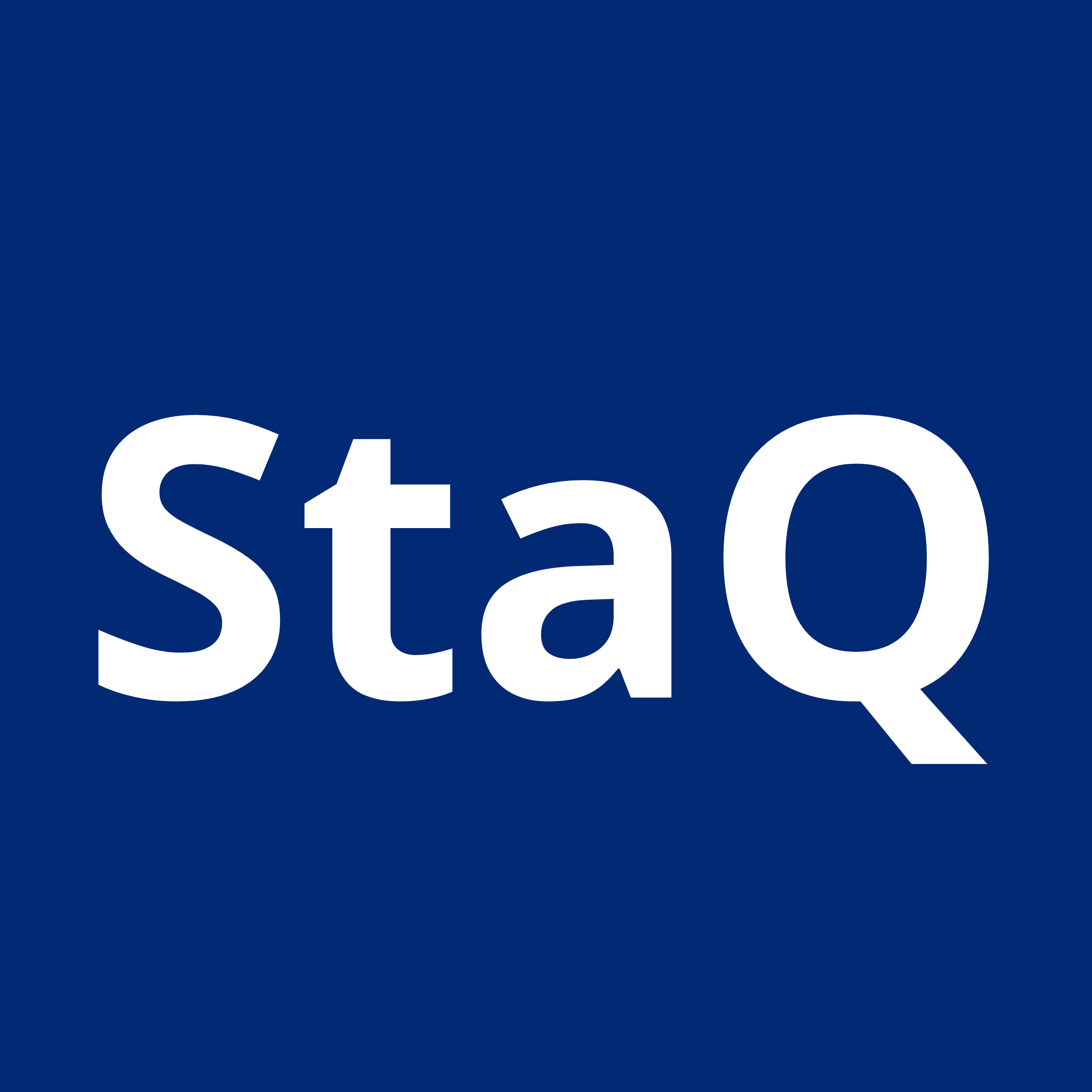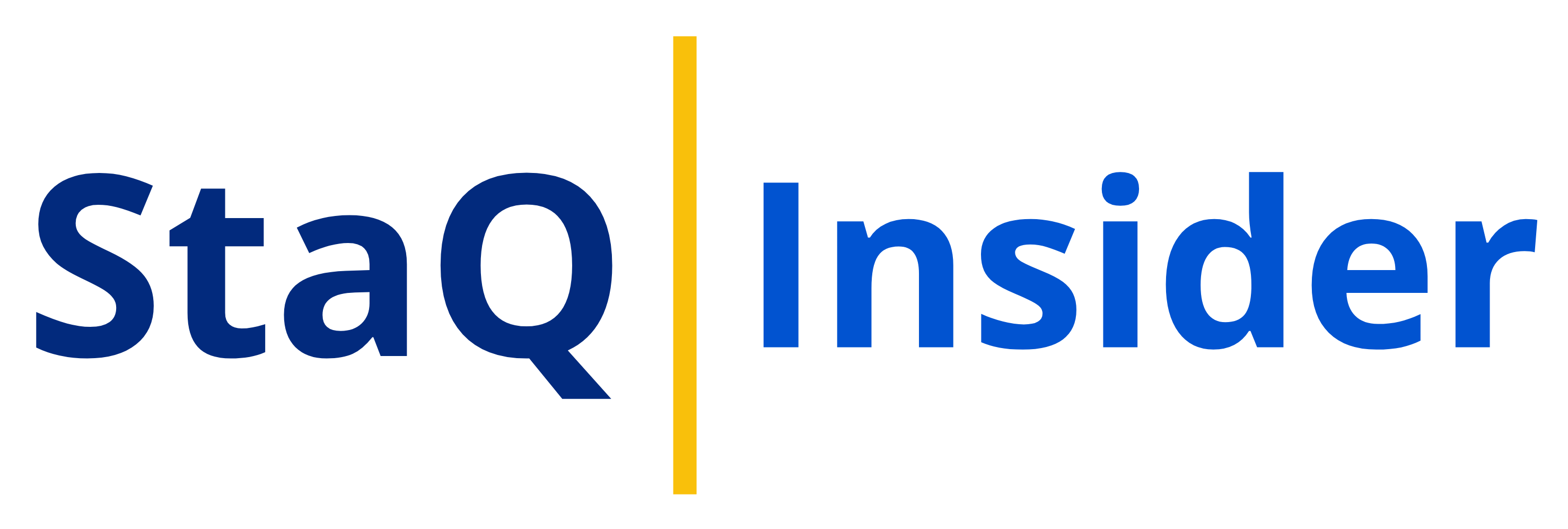Think of your SaaS business operating without any intervention; all the boring work done perfectly well to enable your employees concentrate on critical things. This is what automation can do. In this world where customers’ expectations are at their peak and competition is very high, automation is not a choice but an essential for increasing efficiency and facilitating growth in your SaaS business. Let’s explore how automation supercharges your operations, boosts customer satisfaction, and propels you towards long-term success!
What is Business Process Automation (BPA)?
Business process automation, otherwise known as business automation, utilizes technology to mechanize activities and tasks that take place in a company. This can help an organization change the way it conducts business by implementing traditional manual processes throughout the entire organization.
BPA’s chief goals are to enhance the efficiency of operations, reduce errors, make processes standard, and free employees so that they can focus on more strategic value-added activities. Automation of such repetitive duties enables firms to enrich productivity levels with significant cost savings, resulting in improved business results.
Various degrees of Business Automation:
Businesses can automate tasks at different complexity levels.
-
Basic automation: Simple, repetitive tasks such as automated emails, data entry, and chatbots can be done through basic automation.
-
Process automation: An entire workflow and business process in a regular manner is managed by process automation.
-
Advanced automation: Advanced automation entails collaborative work between humans and machines, such as machine learning.
-
Intelligent automation: This kind of automation also enables AI systems to make decisions without any human assistance but by using processed information, as it is with virtual assistants.
More advanced technologies are required at each level of the hierarchy; however, they may bring about greater efficiency improvements.
The Importance of Automation for SaaS Businesses:
Automation is a game-changer with respect to SaaS businesses as it has various benefits that will help them expand and succeed. The following is a breakdown of why automation matters so much:
-
Streamlined Operations:
Automation reduces manual effort, and errors, and ensures consistency by automating repetitive tasks such as user onboarding, billing, and data management.
-
Scalability:
Processes can be scaled efficiently using automation, which means they can handle increased workloads without human resources having to increase proportionally.
-
Improved Customer Experience:
Automated workflows decrease wait times, while personalized interactions and self-service options boost satisfaction by speeding up responses and minimizing downtime.
-
Continuous Delivery and Deployment:
In the software development lifecycle automation guarantees smooth releases that are reliable, leading to minimal downtime and risks as well.
-
Data-Driven Insights:
Decision-making improves with automated data collection, processing, and analysis, allowing space for product enhancements by identifying growth opportunities.
-
Compliance and Security:
Doing things like automating data backups access controls audit trails makes it possible for organizations to conform to standards regarding regulations and security issues.
-
Cost Optimization:
By allowing repetitive chores to be automated, less manpower is required leading to a reduction in labour costs thereby increasing operational efficiency.
-
Personalization and Customization:
This automated support caters to customers’ needs through tailored offerings and communication based on preferences and behavior, ultimately boosting satisfaction and retention.
-
Monitoring and Alert Systems:
Automated checking, problem detection, and warning mechanisms reduce service interruption time and maintain a high level of service availability.
-
Integration and Interoperability:
Automatic flow of data, middleware management, and sets of operations enable smooth tying-in across different systems.
What are some Common Tasks that can be Automated in SaaS Businesses?
Efficiency is the lifeblood of SaaS. This involves continuously innovating, attracting new customers and satisfying the existing ones. Without, however, those repetitive tasks that eat into your team’s time as well as other valuable resources? This is where automation comes in.

Let’s take a look at some areas where SaaS businesses can automate their workflows to smooth out these operations:
Marketing tasks that can be automated:
-
Social Media Posting: Use social media management services such as Hootsuite for writing posts that are sent at specific times on several days.
-
Scheduling Blog Posts: Platforms like WordPress permit you to write many blog posts and have them published on diverse dates.
-
Online Monitoring: Create alerts through Google alerts so that you get updates via email whenever there are mentions of your company or brand on different websites.
-
Website Analytics: Let Google Analytics send you weekly traffic reports instead of checking the page every now and then by yourself.
-
Abandoned Cart Reminders: Send automated emails to customers who left their carts unfinished online so that they complete their shopping.
-
Event Registration: Prepare emails with all the necessary information about an event beforehand to enable easy communication with participants.
Administrative tasks that can be automated:
-
File Backups: Schedule cloud-based backups with services like Dropbox to automatically secure your files.
-
Calendar Sharing: Share your calendar with colleagues to streamline meeting scheduling.
-
Job Recruitment: Post your jobs on a job board like ZipRecruiter to reach multiple job boards at once.
-
Task Management: Use apps such as Asana to manage your to-do lists.
-
Form-Fill: Fill in online forms with your business information by using tools and applications such as RoboForm.
-
Email Signature Management: Create an email signature with your contact details, save it as a template for new messages, to save time.
Customer Support tasks that can be automated:
-
Help Desk Ticketing: Organize and prioritize customer queries using automated help desk facilities for prompt resolution.
-
Canned email responses:Craft a template for the FAQ in your email client and tailor it to each person’s inquiry.
-
Customer Relationship Management: Automate emails to customers and vendors on their birthdays and anniversaries.
Financial tasks that can be automated:
-
Reminders for Invoices: Use tools such as FreshBooks to automatically remind clients who have unpaid invoices to make payments.
-
Payroll Processing: To automate the payment of employee salaries, integrate with payroll applications such as Gusto.
-
Receipt management: To automatically extract and organise information from scanned receipts, use apps such as Shoeboxed.
-
Bill Payments: With your bank, arrange for automatic recurring payments to be made for regular expenses like utilities.
Additional Automation Opportunities:
-
Lead Nurturing: Utilize marketing automation tools such as HubSpot or automated email campaigns to personalize content according to user behavior.
-
Customer Onboarding: Take into consideration automating the onboarding process with customer relationship management (CRM) platforms, such as Salesforce or Zoho. Set up automated workflows to provide new customers with FAQs, tutorials, and welcome emails for a seamless transition and engagement.
-
Data Entry: To streamline data entry, explore RPA tools like Automation Anywhere, or UiPath. They significantly reduce manual errors, freeing up time for strategic tasks.
-
Project Management: Choose project management apps that provide automated task assignments, progress tracking, and deadline reminders, like Monday.com, or Trello.
You can free up your team’s time to concentrate on what matters most: expanding your company by automating repetitive tasks.




